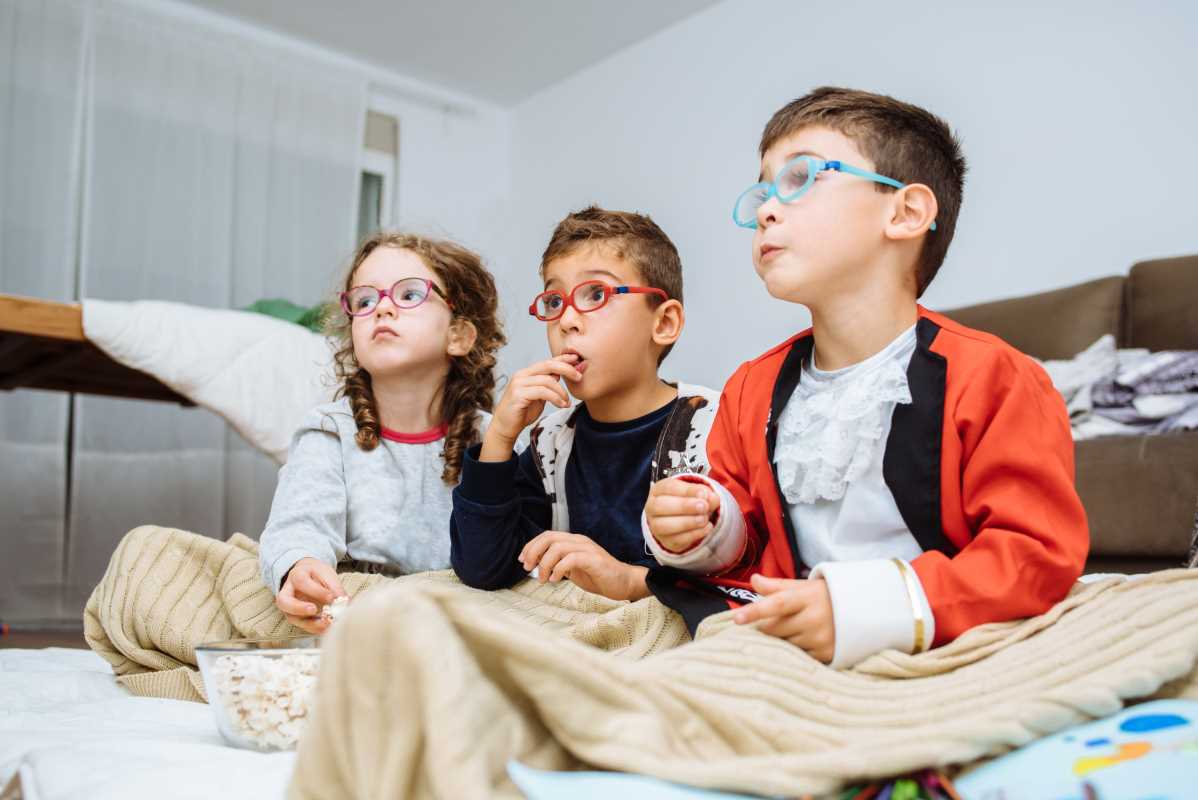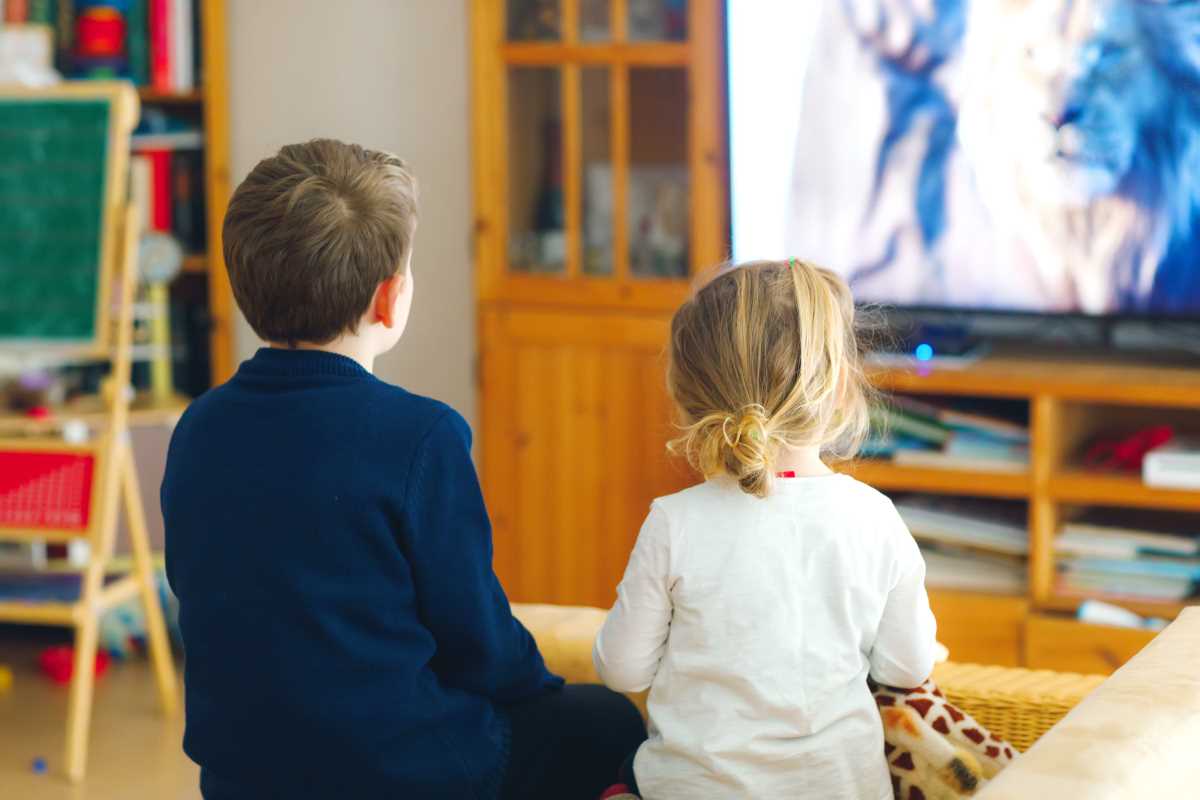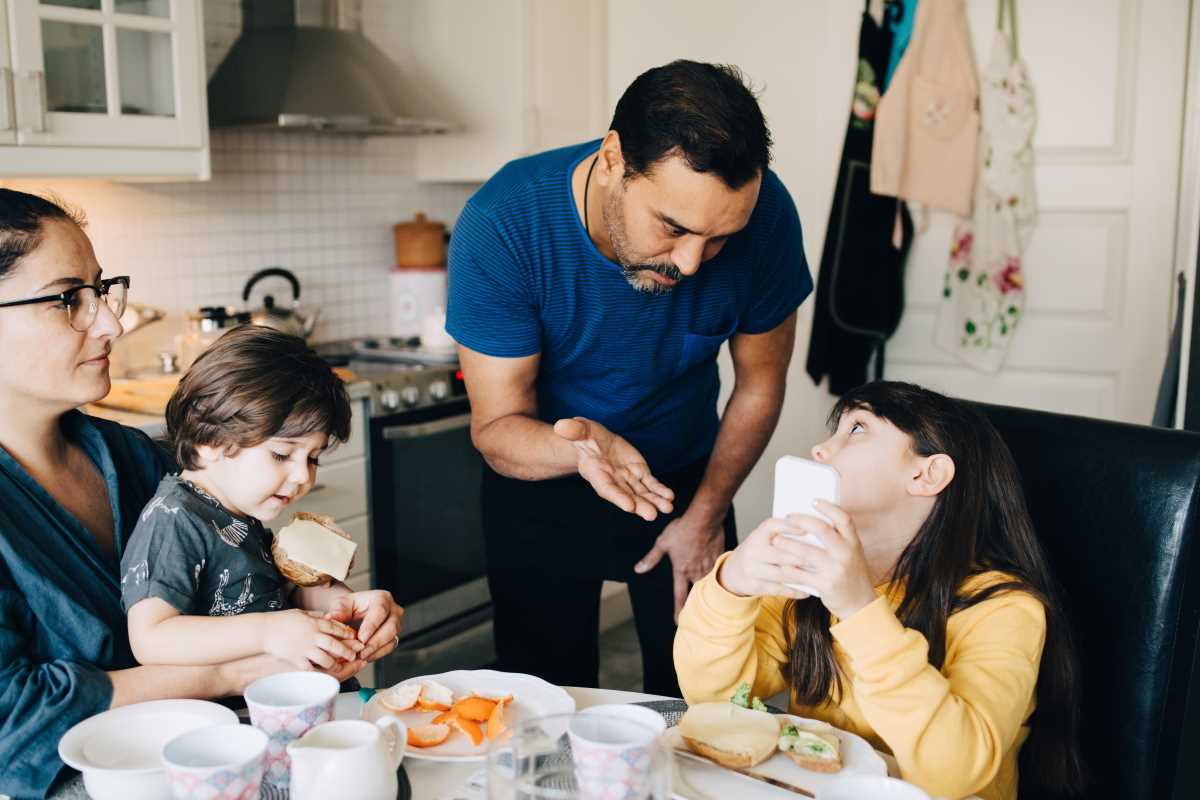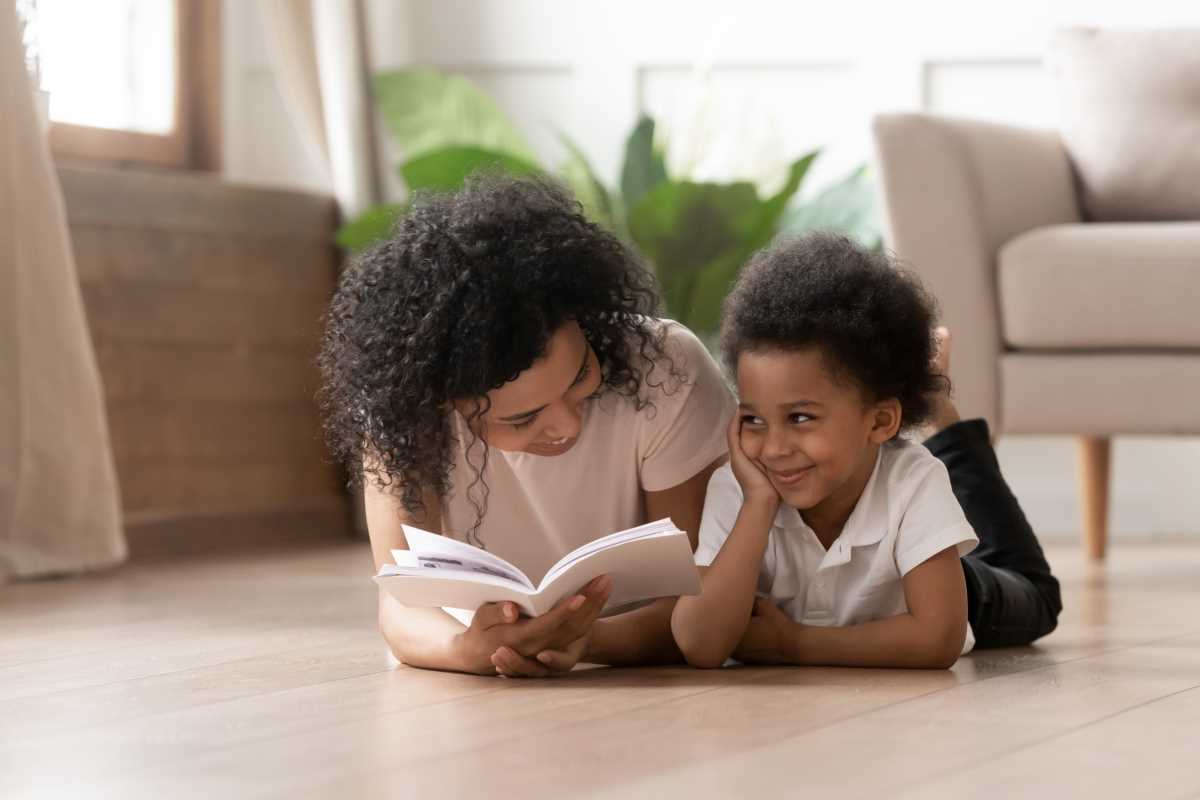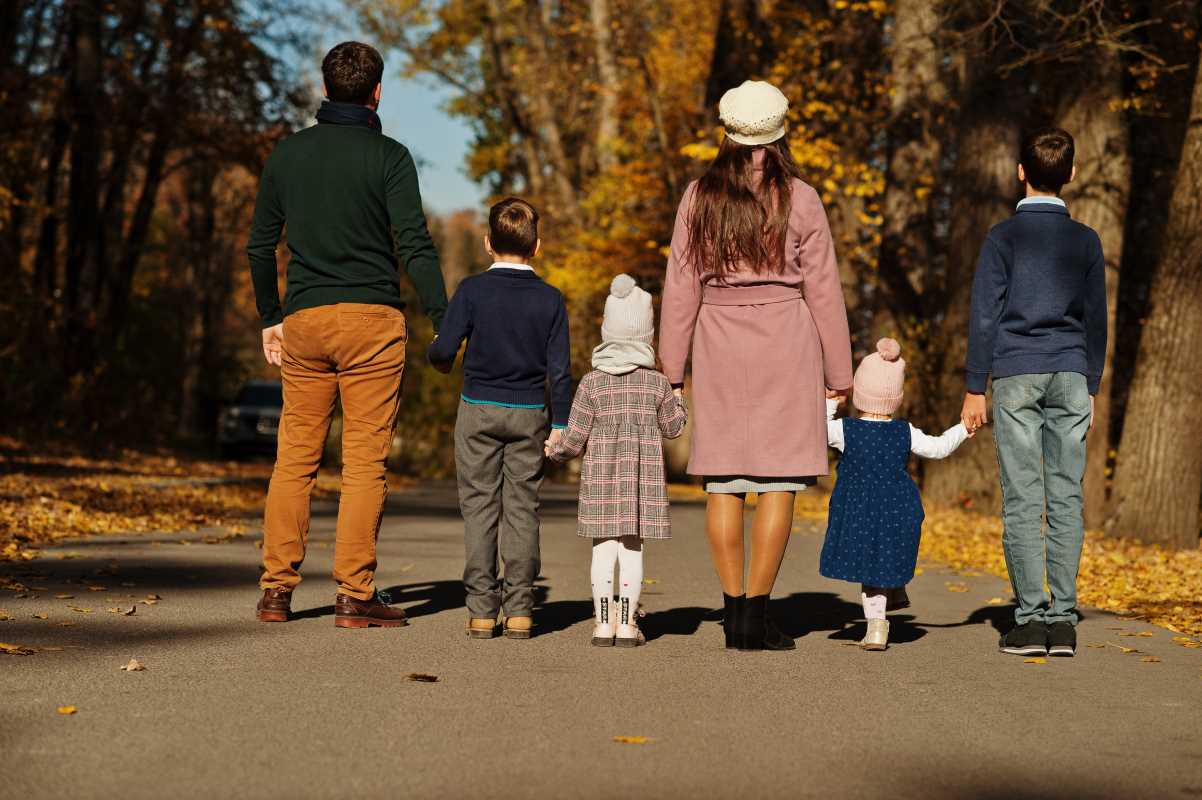Family traditions play a vital role in preserving our heritage, connecting generations, and fostering a sense of belonging and identity. These customs, whether they are annual events or special rituals, are more than mere activities; they are cherished practices that create a rich tapestry of memories and shared experiences. Honoring these traditions not only strengthens family bonds but also provides a framework for continuity and identity across generations. Let’s delve into the significance of family traditions and how they help preserve our past.
Anchoring Our Heritage
Family traditions act as anchors, grounding us in our history and shared values. For instance, consider the significance of a yearly family reunion. This gathering provides an opportunity for family members to reconnect, share stories, and reflect on their heritage. By engaging in these reunions, families can celebrate their ancestry, with older generations sharing tales of their upbringing, challenges, and achievements. This oral history preserves family lore and instills a sense of pride and identity in younger generations.
Similarly, holiday traditions can vary widely from family to family. In many cultures, specific rituals are associated with holidays, such as lighting candles during Hanukkah or decorating a Christmas tree. These activities do not merely mark the occasion; they serve as a way to connect family members with their cultural roots. When families engage in these rituals together, they reinforce their collective identity and heritage, creating a legacy of values and customs that can be passed down.
Providing Stability and Predictability
In today’s fast-paced and ever-changing world, family traditions offer a crucial sense of stability and predictability. During times of uncertainty, such as economic downturns or personal challenges, knowing that certain traditions will be upheld can provide comfort. For example, families might have a tradition of gathering every Sunday for dinner. This weekly ritual not only nourishes the body but also nourishes relationships, providing a consistent space for connection amid life’s ups and downs.
Additionally, milestones such as graduations, weddings, or anniversaries can be marked by specific traditions that offer families a way to celebrate achievements together. These rituals create a narrative of resilience and continuity, allowing families to bond over shared experiences and collective pride. The act of celebrating milestones can help families navigate challenges and foster a sense of belonging.
Opportunities for Bonding and Creating Memories
One of the most profound aspects of family traditions is their ability to foster bonding and create lasting memories. Imagine a family gathering where everyone participates in cooking a traditional recipe that has been passed down through generations. As family members gather in the kitchen, laughter fills the air, stories are shared, and lessons are learned. Children, in particular, benefit immensely from these hands-on experiences, as they gain insight into their family's culinary heritage and the importance of shared labor.
Consider also the tradition of storytelling around a bonfire or during holiday gatherings. These moments provide opportunities for older generations to pass on wisdom and experiences to younger members. Listening to the stories of grandparents not only entertains but also educates children about their family’s values, struggles, and triumphs, reinforcing the importance of family unity.
Passing Down Cultural Heritage and Values
Preserving family traditions is also essential for passing down cultural heritage and values. In multicultural families, blending traditions from different backgrounds can create a rich tapestry of customs. For instance, a family with one parent from Italian heritage and another from Mexican heritage might celebrate both Christmas and Día de los Muertos, combining the customs and foods from each culture. This not only enriches the family’s experience but also ensures that children grow up with a deep appreciation for their diverse background.
Through these rituals, families can instill a sense of pride in their cultural roots. When children participate in cultural celebrations, they develop a strong connection to their identity, which can be crucial in a world that often emphasizes conformity. For example, families might teach children traditional dances, songs, or even language, ensuring that these elements of their culture are preserved and celebrated.
Adapting Traditions for Future Generations
While it’s essential to honor family traditions, it’s equally important to allow them to evolve. As families grow and change, so too can the traditions they hold dear. For instance, if a family has a tradition of gathering for Thanksgiving dinner but finds that family members have moved far apart, they might adapt by organizing a virtual gathering or hosting a potluck where everyone contributes a dish that reflects their current lives. This flexibility keeps traditions relevant and inclusive, ensuring that every family member can participate, regardless of their circumstances.
Additionally, inviting younger generations to take part in shaping family traditions can empower them and make them feel valued. When children are encouraged to suggest new traditions or put their own spin on existing ones, they develop a sense of ownership and pride in their family's customs. This collaborative approach can lead to a deeper understanding of the past while fostering creativity and connection.
Family traditions are invaluable in preserving the past, fostering cohesion, and passing down cultural heritage. By honoring these rituals, families create a sense of continuity, stability, and connection across generations. Whether through annual reunions, holiday celebrations, or simple daily practices, the importance of these customs cannot be overstated. They serve as a reminder of our roots and the shared experiences that shape our identities. As we celebrate the significance of family traditions, let us continue to embrace and adapt these customs, nurturing the bonds that make our familial ties strong and our heritage rich.
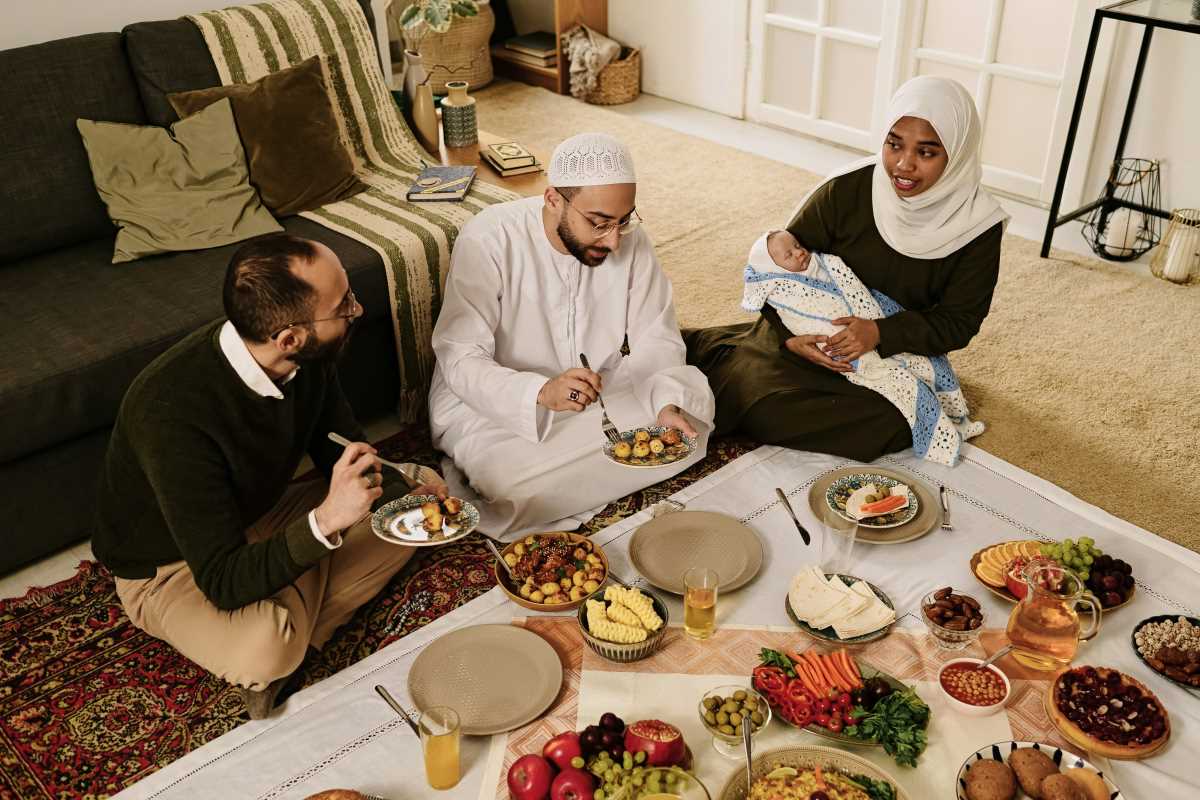 (Image via
(Image via
